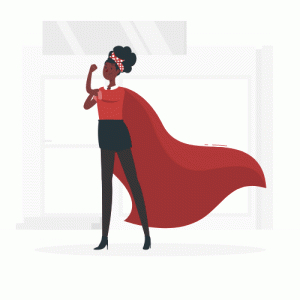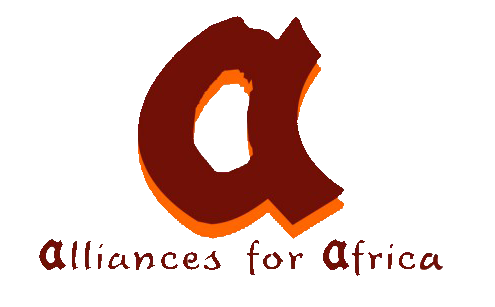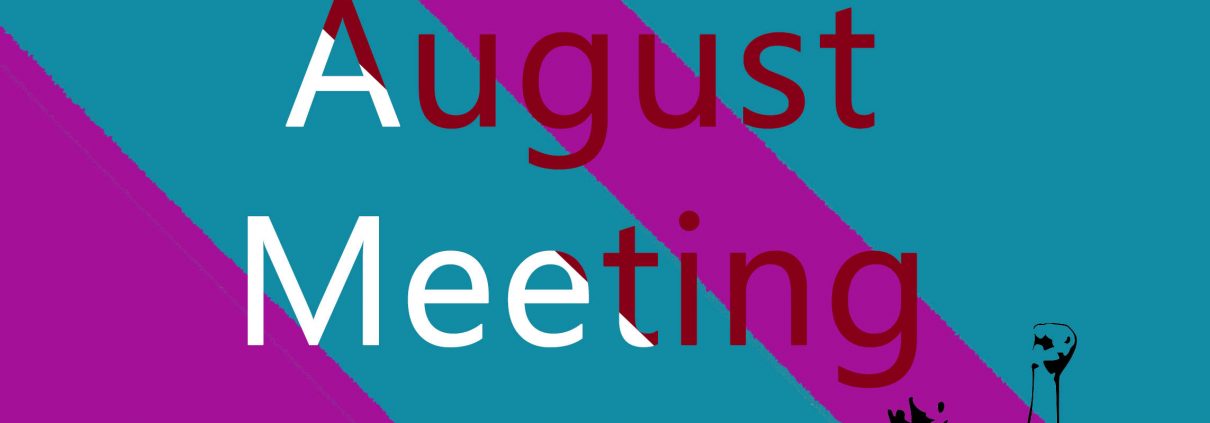The August Meeting
THE AUGUST MEETING
The Aba Women’s Riot was a story I heard while growing up but did not pay much attention to. I was oblivious of the impact it made in the lives of women in the eastern part of Nigeria until I relived history in the play titled “The August Meeting”. The play which was Directed by Kenneth Uphopho, produced by Chioma Onyenwe and written by Paul Ugbede, is a history class everyone needs to attend as it recreates and shows the resilience and determination women have when they work together to achieve progress and development in the society.
The play, the August meeting is set in the period just after the recent riot in Aba, at a time when, the women of Oloko meet to savour their victory against the white man’s taxation bullet. However, unknown to them, the real battle in front of them was not against the white man but against their culture, their husbands and the laws they had created to keep the women restricted and in constant check.
Some of the women who were major players in the revolt met at the home of Nwakaego a widow who inherited a mansion from her late husband and offered to allow the women use it for their meetings. The women arrived and found the house under lock and key. Sadly the elders of the land had decided that Nwakaego cannot inherit her late husband’s house because she failed to bear him a child.
The women leader, Nwanyeruwa, had just been released from prison where she was held as a result of her active participation in the Aba Women’s revolt. She is mad at the recent development in Nwakaego’s life and decides that the women must revolt against the cultures and the laws that keep them relegated to the background, treating them like second-class citizens.
It was later revealed that contrary to the rumor making rounds that Nwakaego was the reason for the childlessness in her home, the infertility problem was her husband’s fault (or was from her husband). It was this revelation in Nwakaego’s marriage that eventually led to the other women sharing their own less palatable experiences. Some of the issues that the women shared surround cases of female genital mutilation, emotional abuse and sexual suppression. The stories/experiences shared came from a very deep and sensitive place in each woman’s past that brought tears not only to the narrators but to the audience as well.
At this point the women take a firm decision; enough is enough! They must have thought to themselves, our human rights, feelings and needs must be recognized and acknowledged. This new realization motivated the women to demand for their rightful place in society.
Nwanyeruwa, the main player in the Aba women’s riot decides that it is a good time to pass over the baton of leadership to a younger and more energetic woman. Ikonnia was the woman who got the much revered position.
The play ends with the women marching happily towards Nwakaego’s mansion holding in their hands the keys to the house, bringing to conclusion that the victory was theirs and together they are a formidable force able to break free from the bondage of socio-cultural expectations of a woman. Which no doubt is that of subservient and subordination.
In the history of our country, Nigerian women stood their ground in the face of adversity and possible stigmatization to fight for their right and for equality.
Despite this effort from decades ago, the representation of women in both elective and appointive positions is very low as women are usually marginalized in terms of participating in the process of political leadership and decision making. National issues are women’s issues too especially as women constitute more than half of the country’s population. How then can women not be part of the process of national decision making on issues that affect them directly.
In June 2018, we engaged in a focused group discussion in five states in southeast Nigeria to understand the root causes of women under-representation in political decision making. Feedback from participants listed the following challenges as the root cause of women’s under-representation in political leadership/decision-making; cultural/traditional barriers, patriarchy, stigmatization, financial burden, political violence, sexual harassment, political party discrimination, poor mentorship, gender discrimination and family commitment.
However, all hope is not lost as we can take a cue from Nwanyeruwa, who was resilient and provided leadership and mentorship to the younger women. As stated, she eventually passed the baton to the younger ones while she guides them on their new journey of leadership.
This is to encourage mentorship in the Nigerian political system especially among women. Nigerian women August Meetings brings igbo women together both home and abroad annually. Our Nigerian women can build on this platform to promote mentorship among women in politics and build synergy in solidarity as we advocate to achieve the minimum 35% representation of women in political leadership.
The media is strategic to women’s participation in political leadership. Let us mobilise the partners in the media to portray Nigerian women in politics positively and increase reporting and coverage of Nigerian female candidates especially now that we approach the 2019 general elections.
To the political parties that perpetrate discrimination against women, do not forget it is one party, equal rights. “Election no be war” make it safe for women and end political violence.
Our men, family heads and custodians of culture we ask that you use your influence to review culture, our mothers and sisters are capable of leadership. To the big Godfathers who decides whom the mantle of leadership goes to, please make those decisions with some godmothers too; I am sure they will recommend their daughters to lead alongside your sons.
To every Nigerian woman out there, understand that the mantle of leadership will not be handed to you on a platter of gold; I charge you to be ambitious and intentional about your pursuit of leadership. Be willing to reinvent yourself and strive to overcome obstacles that may fall in your path to political leadership
Nigerians, the participation of women in governance and politics is of strategic importance not only for women empowerment, but because it has wider benefits and impact for development and inclusive democracy in general. Come 2019 general election, exercise your franchise without discrimination, vote for a credible leader, vote for a woman.
Chinwendu Anozie and Obu Nwaka ©2018
Alliances for Africa





Leave a Reply
Want to join the discussion?Feel free to contribute!